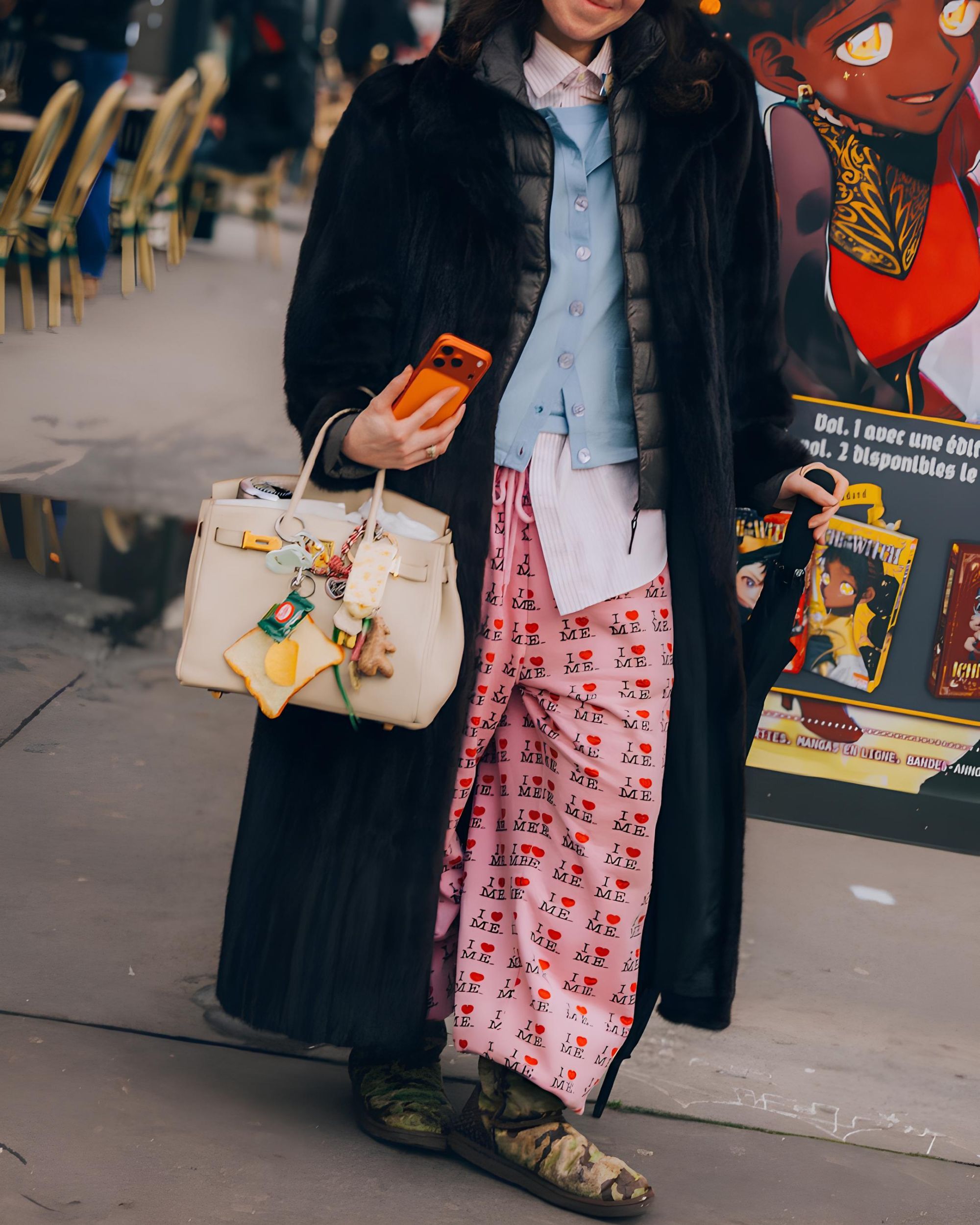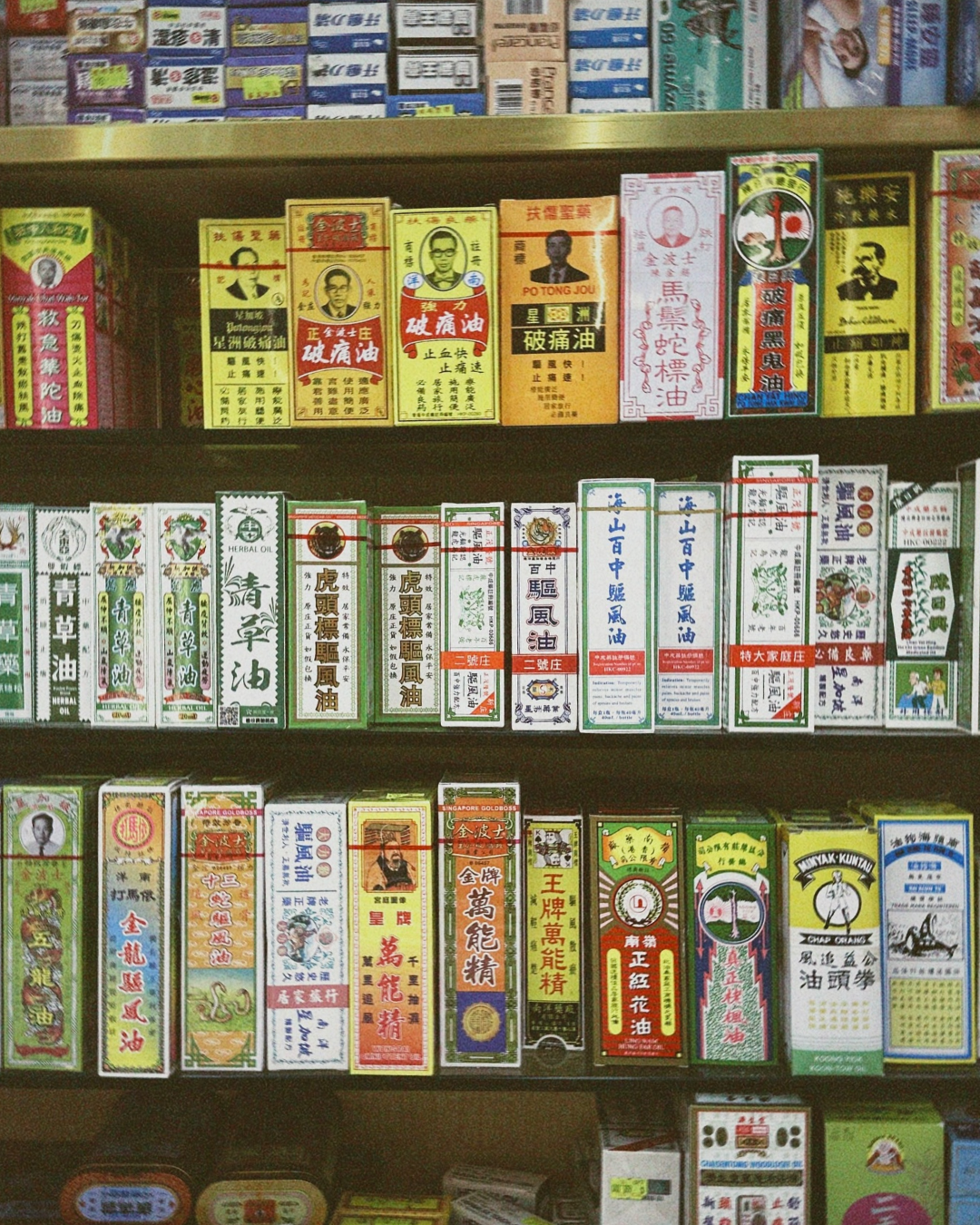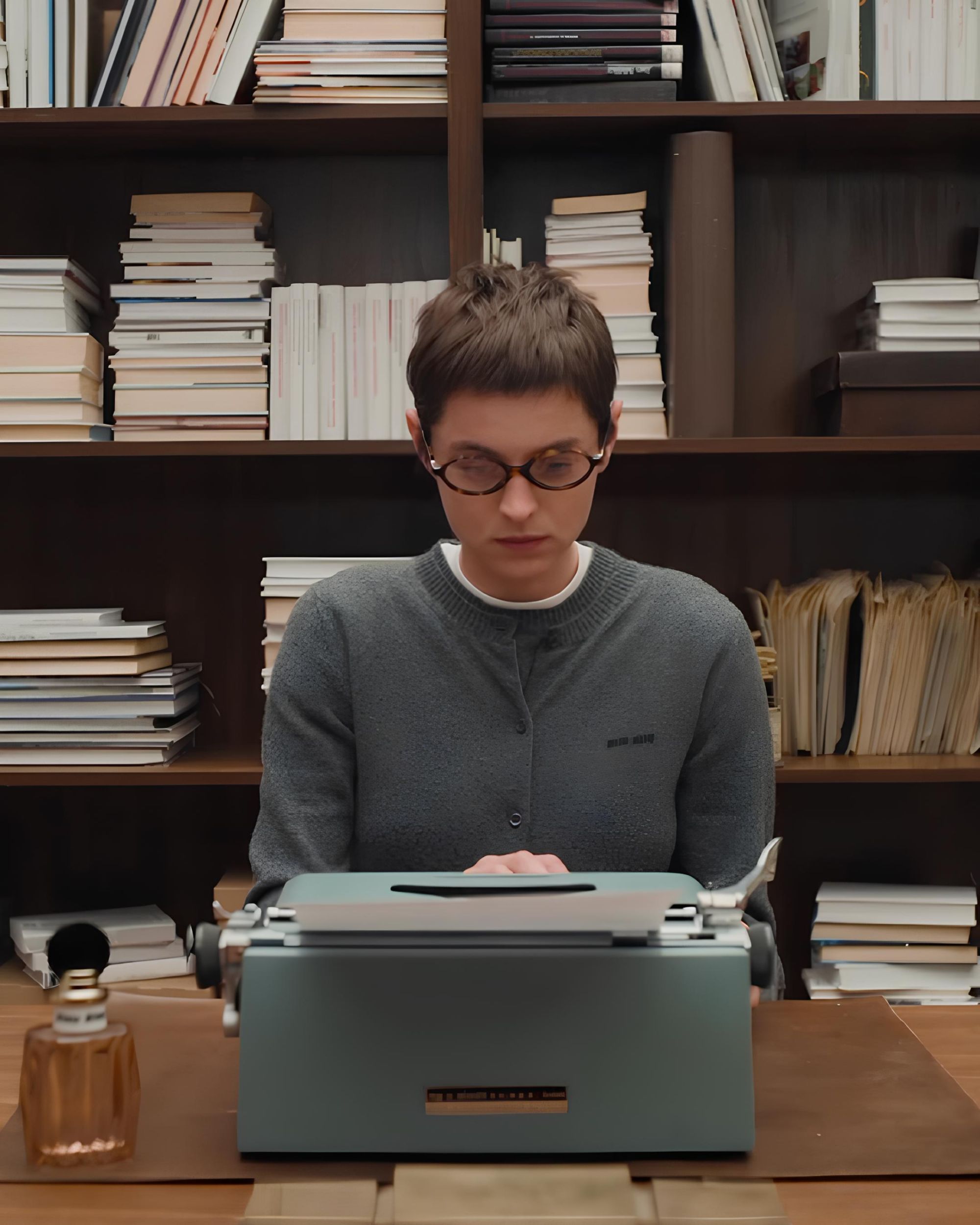
Why is Instagram in Italy so full of photos of the elderly? The unsuspected charm of old age
Raise your hand if you are an Instagram user who, while vacationing in the south this summer, has not taken a romantic photo or video of seniors engaged in a variety of activities ranging from the desuetude (such as making tomato sauce preserves or playing cards) to the downright normal, such as literally chilling on a bench in the square with other friends. Bonus points if these activities take place in romantic or Mediterranean locations. The trend is as untraceable as it is empirically evident and testifies to a fascination that digital natives and young adults who live in cities feel with the "slow life" of southern cities where there are no sudden deadlines, pressing bosses, daily meetings, where you can see green hills beyond the buildings, and where vegetables are all grown less than a kilometer from where they are sold. In fact, Instagram pages like @italysegreta and @vita________lenta have made old age an almost hypnotic spectacle even though the main person responsible for spreading this trend is @samyoukilis, photographer and videographer in love with Southern Italy, whose success over the past two years has been truly phenomenal. Photos of wrinkled faces, broomstick games, elderly gentlemen selling loquats at the market, and so on abound on these and other pages. Soon the trend shifted from photographers and moodboards to private Instagram users, who have been storming social media this year with (often not stunning) photos of their grandparents caught, on certain occasions, even at less than decorous moments, in unflattering angles and lighting, and in often questionable locations.
The fascination that the people of Instagram (at least in Italy) seem to have with old age, however, is not about nostalgia. Without even mentioning the huge value divide that exists between Millennials, Gen Z and the country's elders, what fascinates us about the third age is more likely its authenticity. In a social world where beauty, no matter what they say, remains an inescapable social commodity, the very existence of a category of people who remain oblivious to technological advances, who feel no need to take dozens of selfies a day, and who are perfectly content to perform basic activities such as reading the newspaper, eating spaghetti, or even catching a cooler in the balcony is something revolutionary. However, it should be mentioned that a sub-trend of this trend is that of private users who, especially on TikTok, use their grandparents as a gimmick to get more likes staging gags and skits. In this category, cringe reigns supreme with a number of scenes seen on TikTok seeming more like disrespect or teasing than an affectionate gesture.
@jordanloco Quando supererà i suoi problemi con l'alcol toernerà a fare video #drink #nonna #nonnaanna suono originale - Giordano Lucchi
It is also true that the elderly are perhaps the last segment of the population still in touch with the peasant roots of our country, the only ones who still have the skills and material time to make sausages by hand, bottle annual supplies of tomato sauce or cultivate a vegetable garden. Their connection to the concrete things of life beguiles us because the world we live in or, rather, the cultural bubble we find ourselves in, deprives us of the direct contact with nature and reality itself that the constant stream of notifications on our screens, the virtual sociability of digital networks and real-time updates on topics completely irrelevant to our lives have taken away. It remains positive, however, that the representation of physicality and age groups that used to be forbidden, both on social media and in fashion, has once again become normalized: wrinkles and pre-1980s birthdates abound in today's advertising campaigns and catwalks. The aging body and face actually seem more expressive than the uniform beauty that is all the rage on social today: indeed, even in the times of body positivity, Instagram remains the realm of lean, athletic bodies edited on Facetune and Manly, faces planed by filters, thick hairstyles, and perfect complexions that the The New Yorker described in 2019 with the term “Instagram face”:
«It’s a young face, of course, with poreless skin and plump, high cheekbones. It has catlike eyes and long, cartoonish lashes; it has a small, neat nose and full, lush lips. It looks at you coyly but blankly».
+++TOTI RETTIFICA:"CHIEDO SCUSA NON VOLEVO DIRE ANZIANI MA VECCHI DI MERDA"+++ pic.twitter.com/oce7CDnMiL
— Genio78 (@Zziagenio78) November 1, 2020
Once again, the notion of authenticity comes back into play, which, of course, is immediately contradicted by the fact that, in all this content, old age is romanticized, spectacularized, contemplated with tenderness but always at a safe distance, without real confrontation. It is no mystery that in Italy the division between generations is a problem that is as much felt as silenced: after the pandemic Censis talked about a «generational resentment» growing among old and young people alike with «74.1 percent of 18-34 year olds believe that there are too many older people in positions of power in the spheres of the economy, society and the media, emphasizing an opinion that is nevertheless widely shared by the population as a whole (65.8 percent). 54.3 percent of 18-34 year olds (compared to 32.8 percent of the overall population) believe that too many public resources are spent on the elderly, rather than on the young». And, without disturbing the statistics, who remembers when Giovanni Toti, in pandemic times, described the elderly as not indispensable to the country's productive effort, stirring up huge controversy but basically giving voice to a thought that was swirling in the country. The picture that emerges is not one of a country where the elderly are all that beloved, quite the contrary. On Instagram, however, old age has become a new pop culture cliché, a kind of myth or fetish onto which different but increasingly stereotypical sentiments are projected and, above all, increasingly tied to conventional scenarios such as the narrow streets of southern villages with peeling walls, the waterfront and the small square, barber stores, and windows with sheets stretched out. Perhaps then our fixation on tender old men on Instagram is but a romantic method of metabolizing the notion of the demographic winter that the national press has been fearing for years. Soon those portrayed in half-Instagram photos and TikTok videos in desuetude and ridiculous attitudes may very well be us.















































